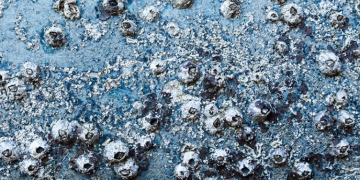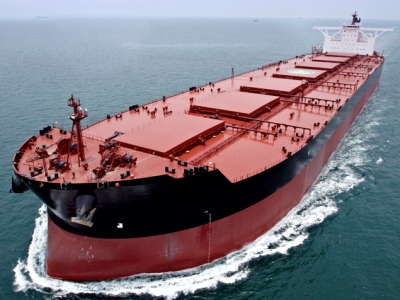Assessment of acceptability for safe shipment
Lloyd’s Register (LR) issues statutory alert No. 26/2013 regarding amendments to the International Maritime Solid Bulk Cargoes (IMSBC) Code that will enter into force on 1 January, 2015, and may be implemented voluntarily from 1 January, 2014.
There are two key changes which relate to cargoes which may liquefy (Group A cargoes), as follows.
1. Assessment of acceptability of consignments for safe shipment
The amendments to the Code include a more robust assessment of acceptability of Group A cargoes for safe shipment. This is detailed in new section 4.3.3 and involves extra approval from the competent authority of the port of loading before Group A cargoes can be transported. It specifically applies as follows:
- The shipper must establish procedures for sampling, testing and controlling the moisture content of the cargo to ensure that it is less than the transportable moisture limit (TML) when it is on board the ship.
- The competent authority of the port of loading must confirm that the procedures comply with the provisions of the IMSBC Code and the Guidelines for Developing and Approving Procedures for Sampling, Testing and Controlling the Moisture Content for Solid Bulk Cargoes which may Liquefy (MSC.1/Circ.1454) before granting approval.
- The competent authority of the port of loading must issue a document stating that the procedures have been approved. The document’s validity must not exceed five years.
- The procedures will be subject to initial, renewal and intermediate verification by the competent authority.
- The competent authority of the port of loading must verify the implementation of the procedures.
- A copy of the document stating the procedures have been approved must be given to the Master or his representative.
The IMO will disseminate the names of the relevant competent authorities through the GISIS database.
2. New Nickel ore schedule
The amendments also include a new schedule dedicated to nickel ore, a Group A cargo which may liquefy if shipped at a moisture content in excess of its TML, and a cargo associated with the loss of several bulk carriers, most recentlyTrans Summer on 14 August, 2013.
Owners and Masters are reminded that cargoes with a moisture content higher than the TML must not be accepted for loading.
For further information on the amendments to the Code, please see Resolution MSC.354(92).
For more information on voluntary implementation from January 2014, see MSC.1/Circ.1452.
Find useful information in the articles



























































